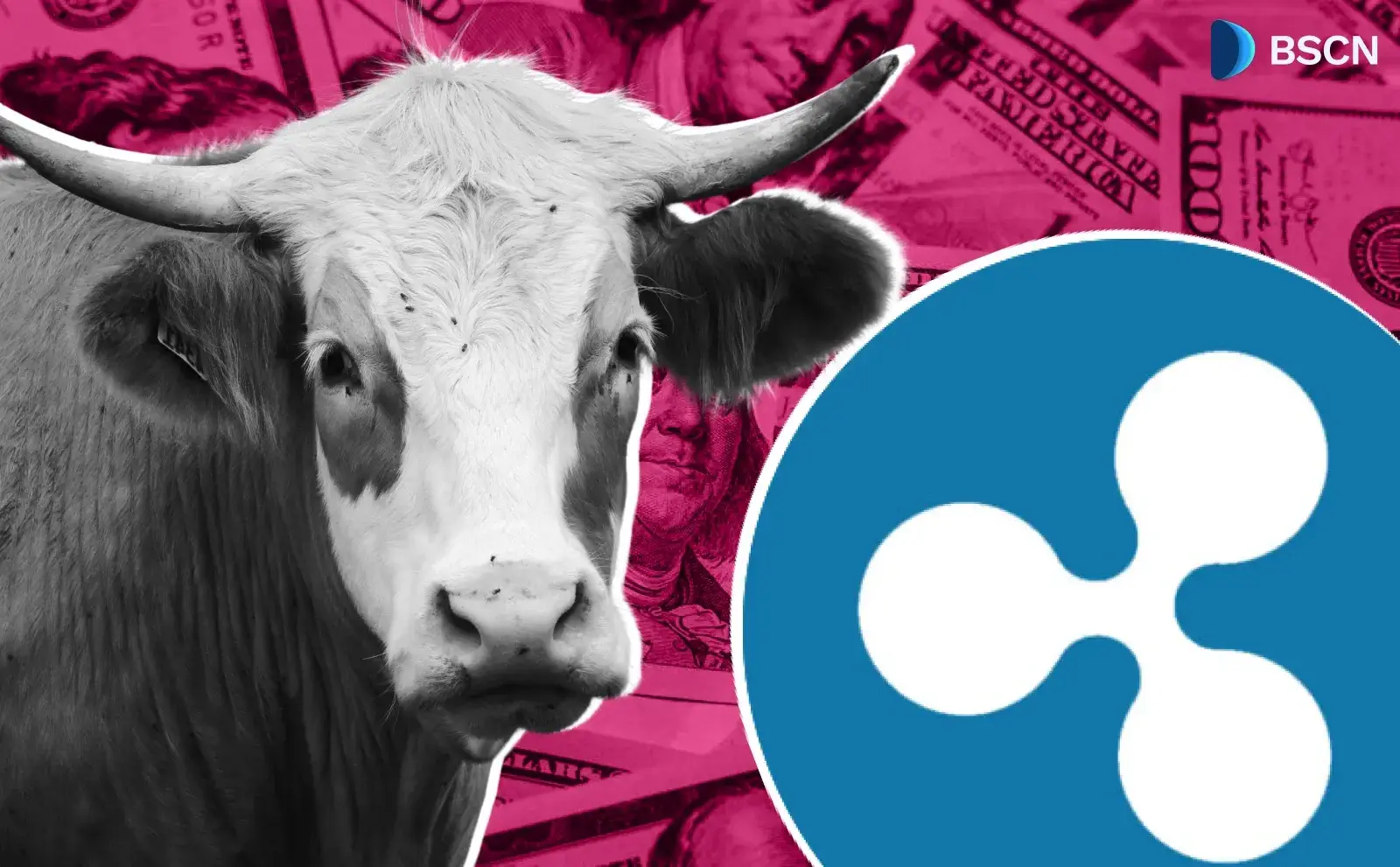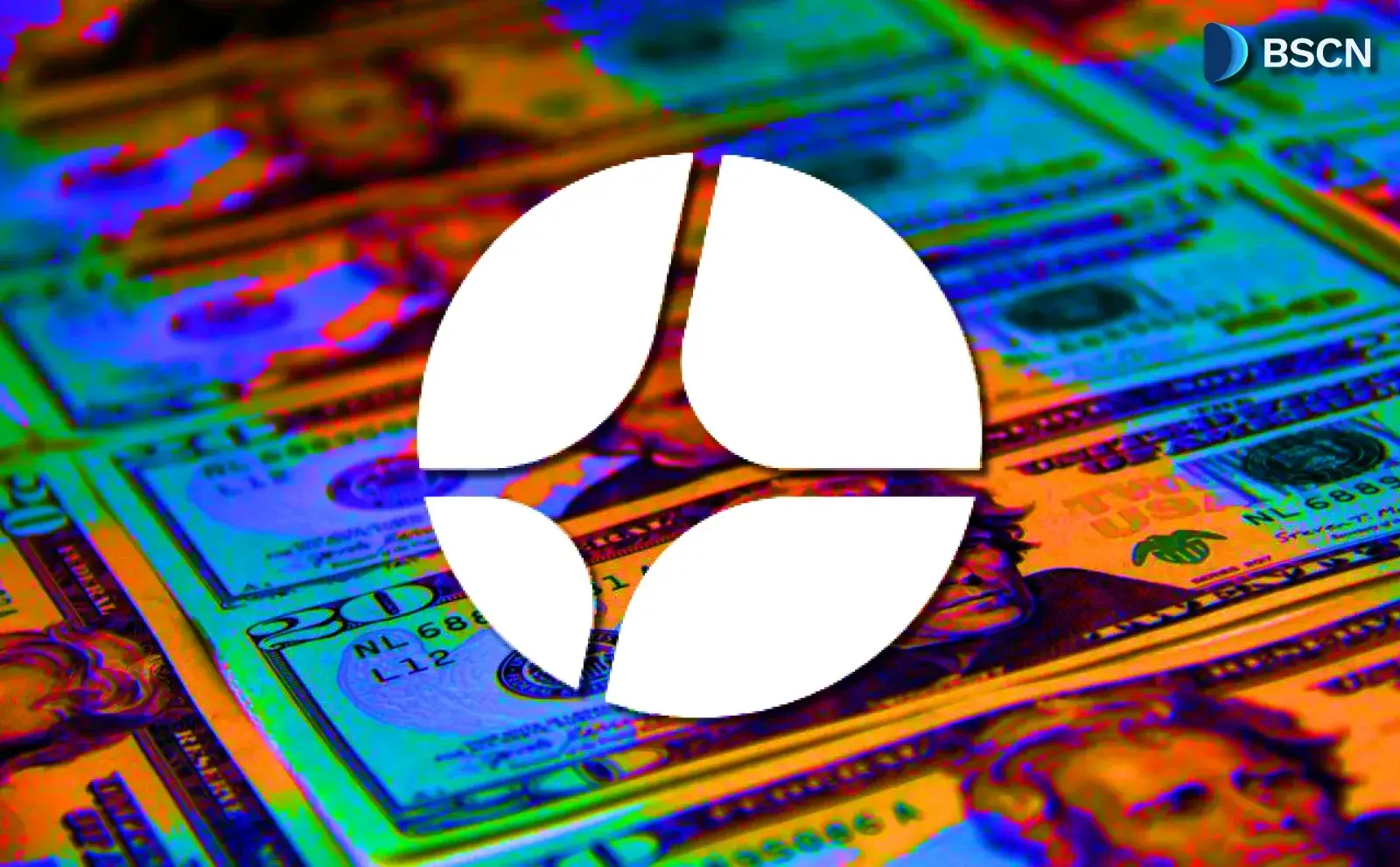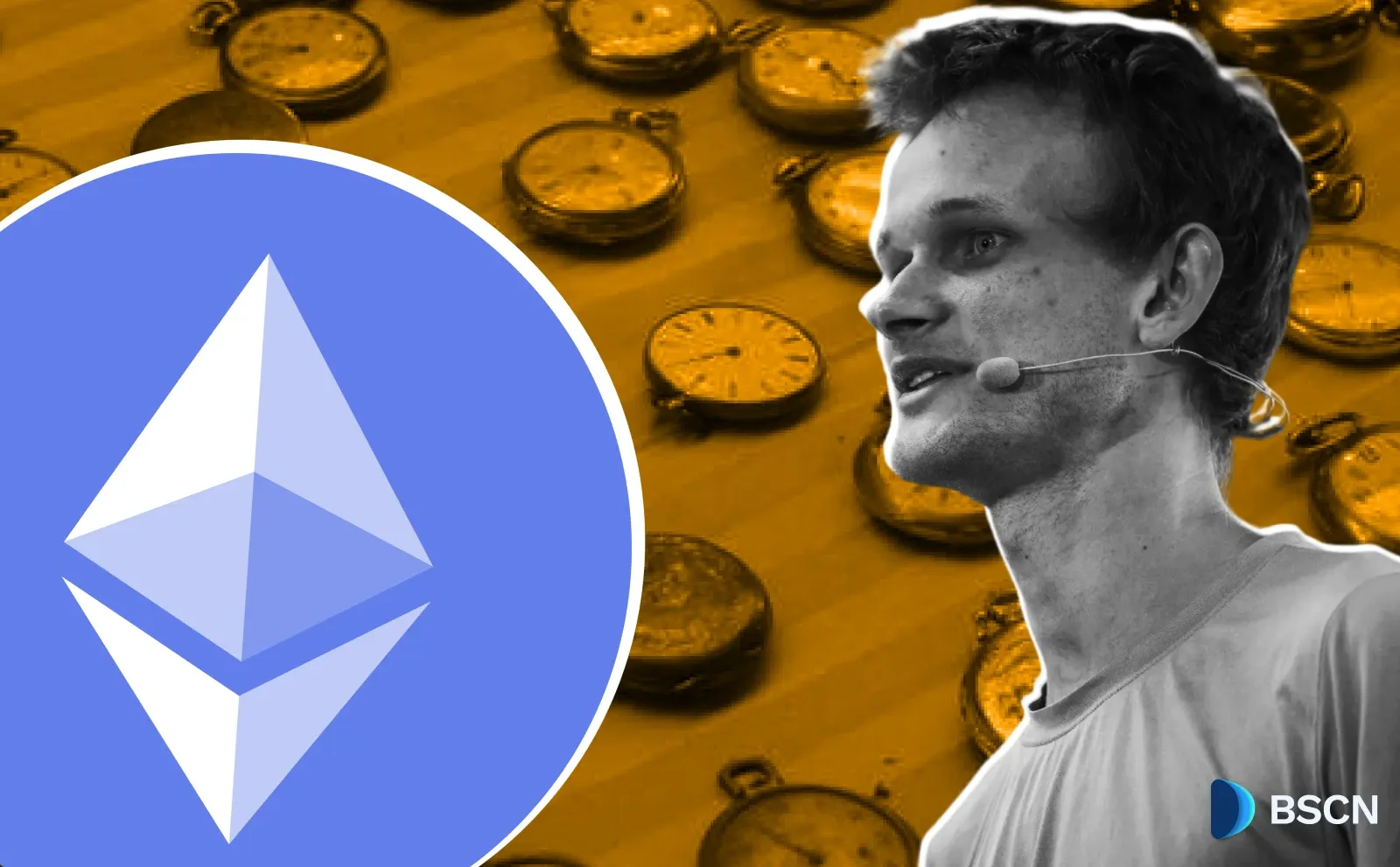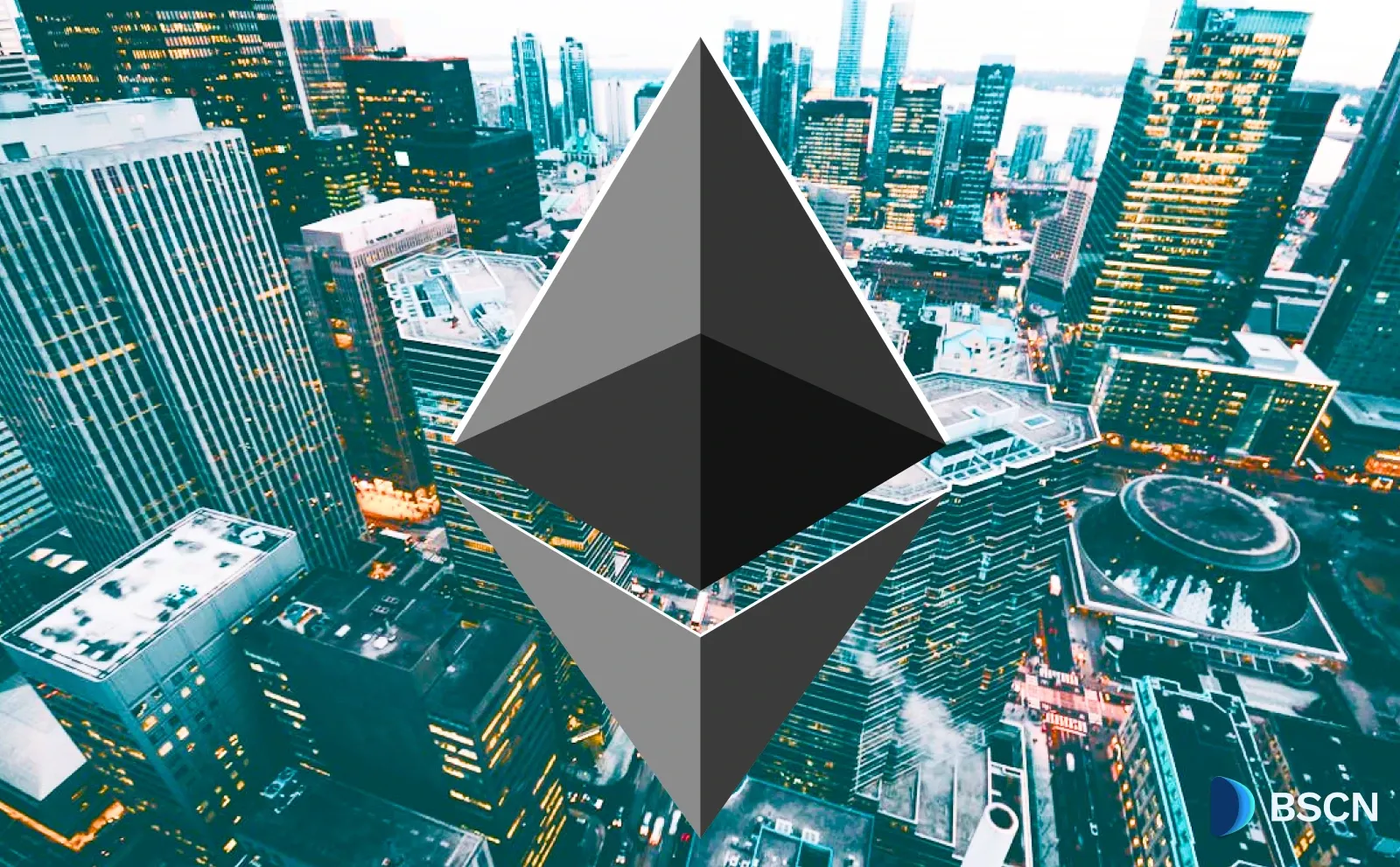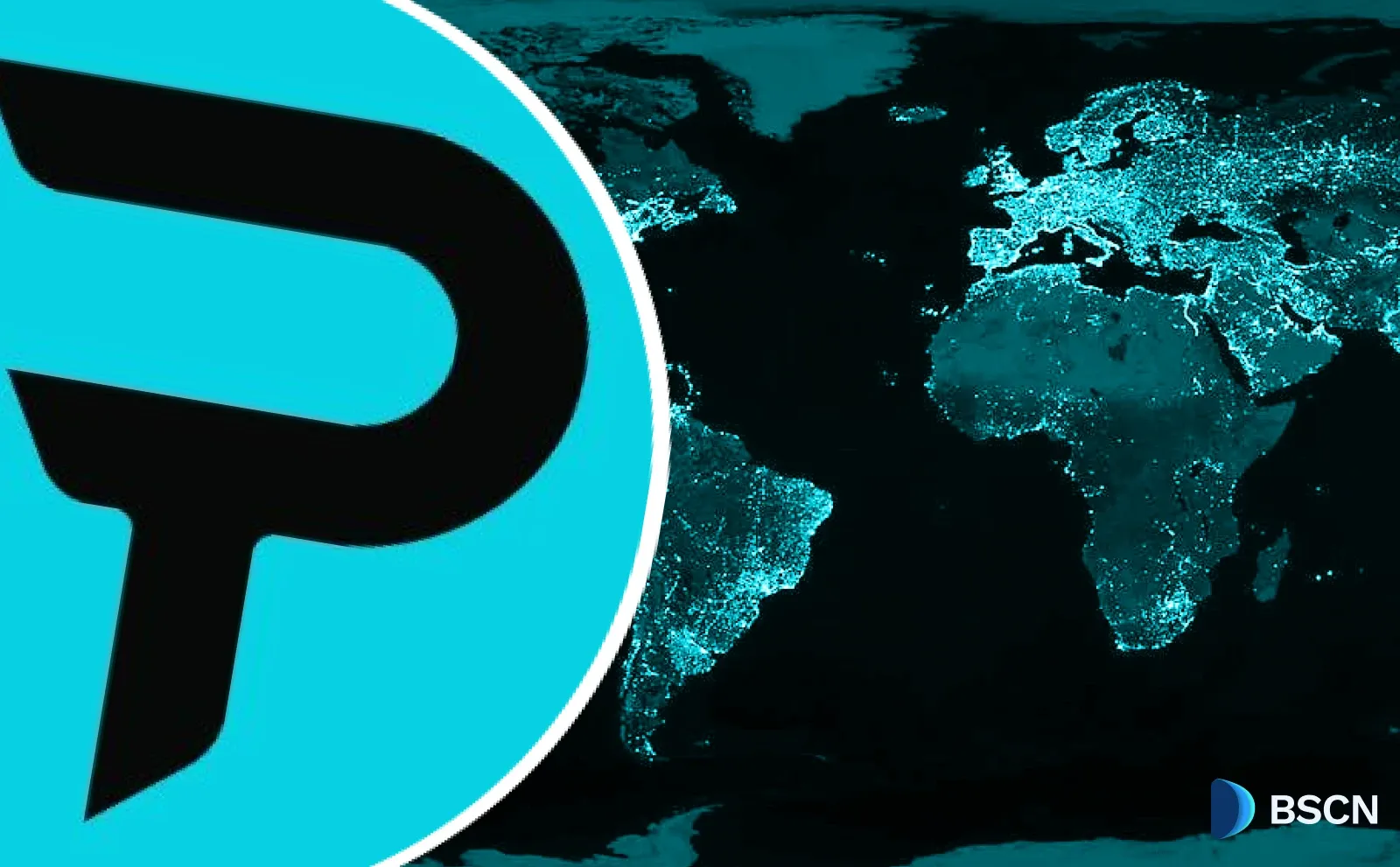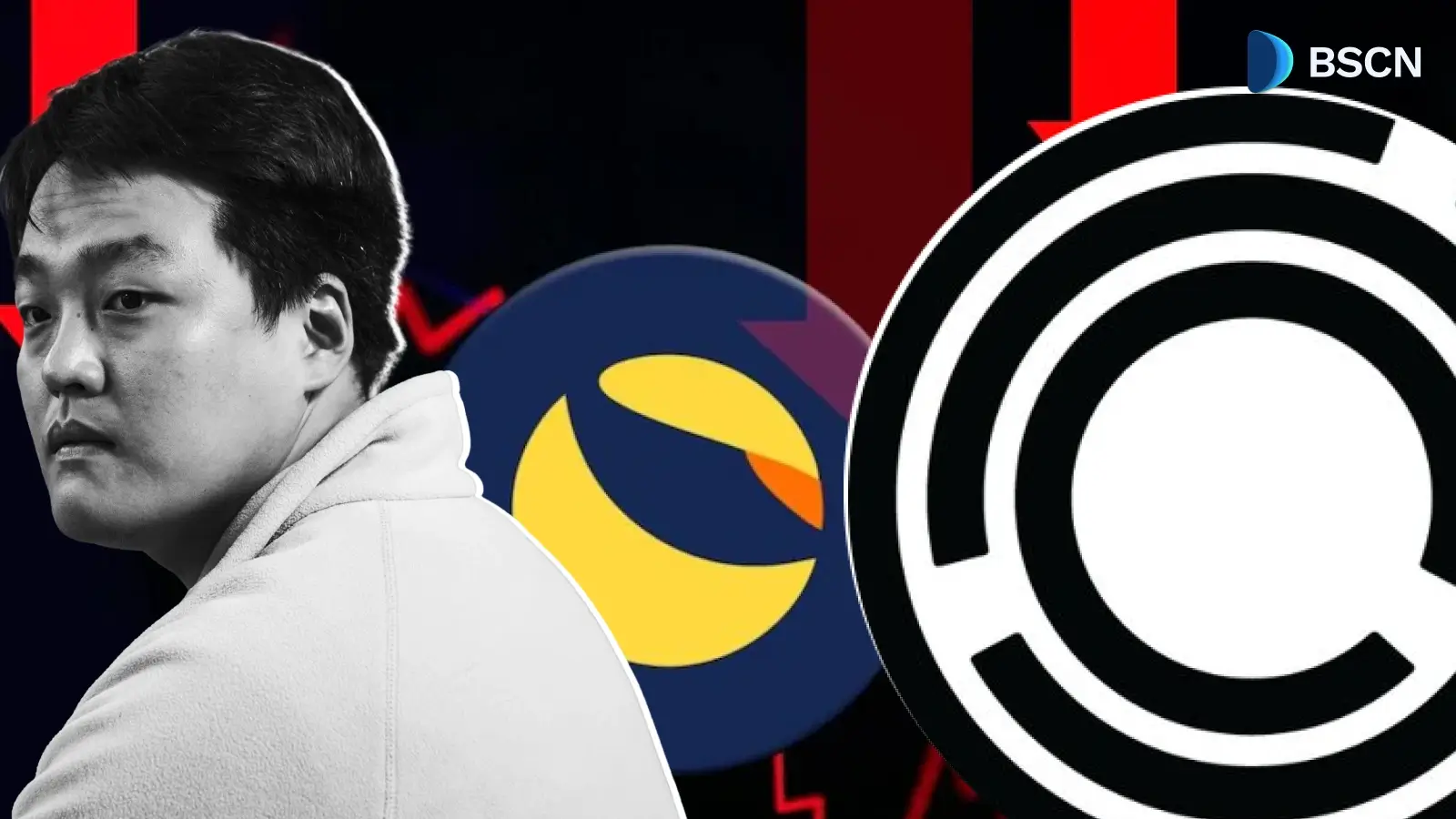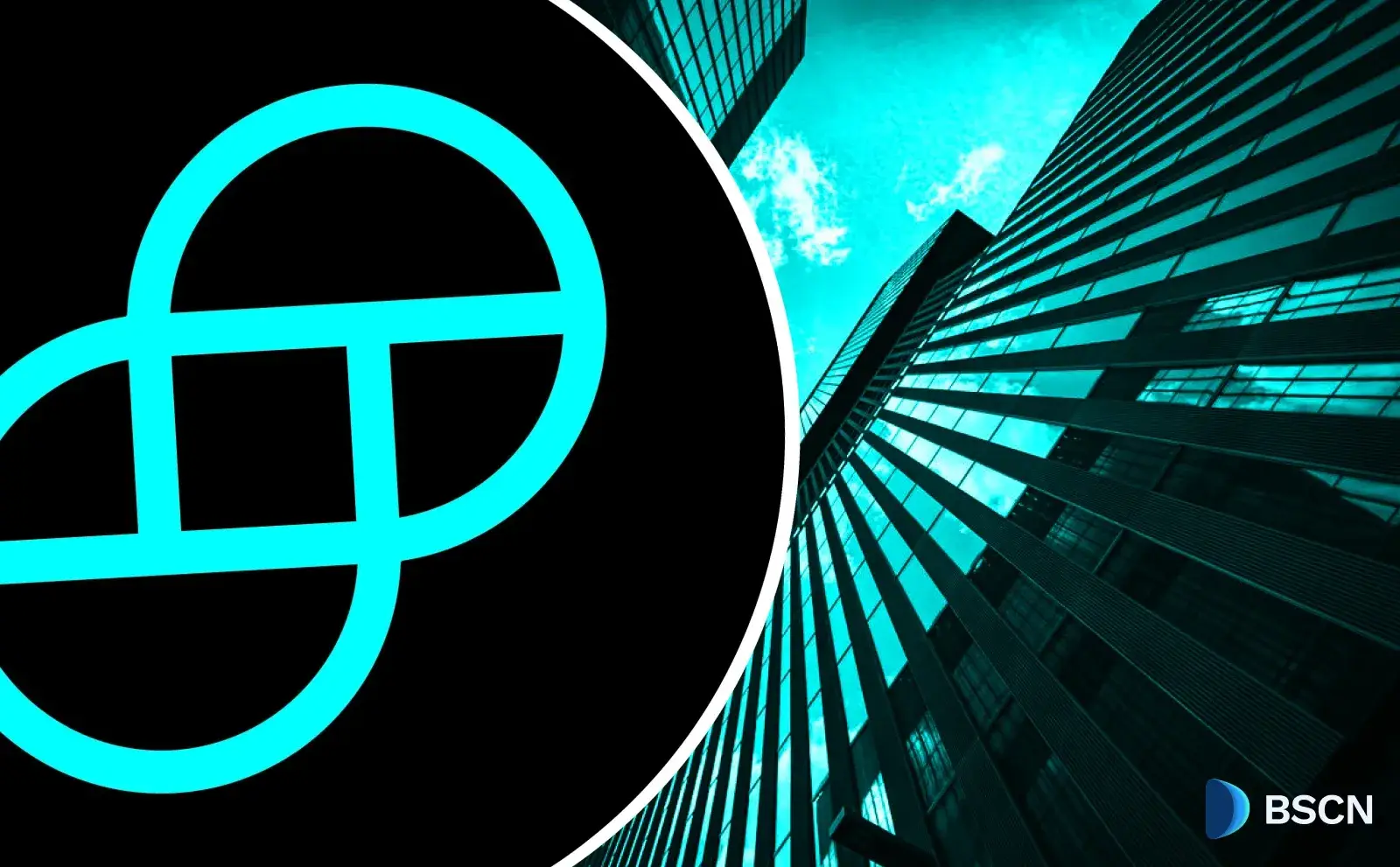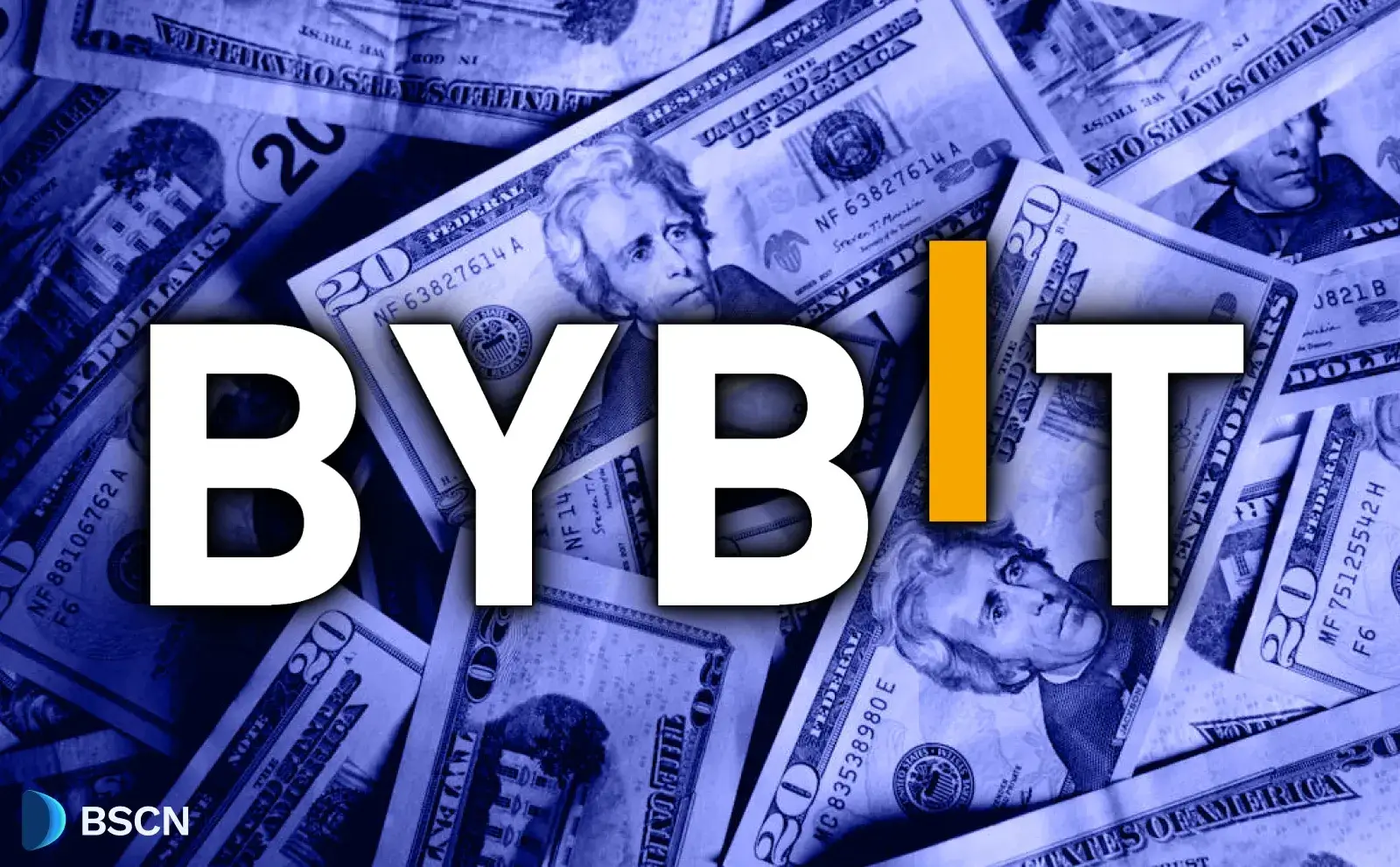Latest Theta Network News & Updates: Key Partnerships and Platform Enhancements

Theta Network expands with new collaborations in gaming, sports, and research, showcasing real-world use cases of its decentralized cloud model.
Miracle Nwokwu
October 2, 2025
Table of Contents
Recent months have seen Theta Network continue its focus on expanding decentralized cloud capabilities, particularly through new collaborations in gaming, sports, and academia. These developments build on the platform's hybrid edge-cloud model, which combines centralized and distributed computing resources to support AI-driven applications. From integrating with major esports platforms to enhancing university research tools, Theta has rolled out several initiatives that demonstrate practical applications of its technology. This article highlights some of the most significant updates.
U.GG Partnership Introduces AI Agent for League of Legends Players
Theta Network has teamed up with U.GG, a popular analytics site for League of Legends, to deploy an AI-powered agent that assists players with real-time insights. Launched on October 1, this tool allows users to query builds, tier lists, leaderboards, and champion statistics directly on the U.GG homepage. The integration leverages Theta's EdgeCloud Hybrid platform, which handles the computational demands of processing vast amounts of game data efficiently. This move exposes Theta's technology to U.GG's estimated 30 million users, enabling 24/7 access to updated strategies without relying solely on traditional servers. For players, it means quicker, more personalized recommendations during matches or patch reviews, potentially streamlining how competitive gamers prepare. Theta emphasized the scalability of its hybrid model in supporting such high-traffic applications, marking a step toward broader adoption in the esports sector.
Philadelphia Union Rolls Out Theta-Powered Mobile App
In late September, Major League Soccer's Philadelphia Union introduced a new mobile app powered by Theta Network, consolidating fan experiences into a single platform. Available on both iOS and Android, the app offers features like ticket purchasing, management, and scanning, with plans for deeper integration when SeatGeek becomes the club's ticketing provider next season. Discussions are also underway with food and beverage partner Aramark to incorporate concession services, and future updates may include in-stadium navigation for Subaru Park. Development began six months prior, aiming for a launch by the end of the 2025 season, just ahead of heightened interest expected from the upcoming World Cup in the U.S. The app's design focuses on retaining new fans post-tournament by providing easy access to match highlights, news, and community features. Theta's involvement ensures robust backend support for handling user data and media streaming, illustrating how decentralized tech can enhance sports fan engagement without overwhelming central systems.
Seoul National University of Science and Technology Adopts EdgeCloud for Brain-Inspired AI Research
Mid-September brought news of Seoul National University of Science and Technology (SeoulTech) joining Theta's academic network by incorporating the EdgeCloud Hybrid platform into its BrAIn Lab operations. The lab, which specializes in brain-inspired artificial intelligence, uses Theta's tools to process complex neural network models more cost-effectively than traditional cloud services. This partnership allows researchers to distribute computational tasks across a global network of edge nodes, reducing latency and expenses for experiments involving large datasets. SeoulTech's adoption highlights Theta's appeal to institutions seeking scalable alternatives for AI workloads, with potential applications in fields like neuroscience and machine learning. The collaboration includes access to Theta's mobile edge capabilities, enabling on-device processing that could accelerate prototype testing. As part of a growing list of university partners, this development underscores Theta's role in supporting advanced research without the constraints of centralized infrastructure.
Emory University Leverages EdgeCloud for Melody Lab Initiatives
Emory University in Georgia also announced its integration of Theta EdgeCloud Hybrid through its Melody Lab, led by Assistant Professor Wei Jin. The lab focuses on AI applications in music and audio processing, utilizing Theta's platform to handle intensive tasks such as generative models and sound analysis. This setup provides the lab with hybrid computing resources that blend cloud efficiency with edge node distribution, allowing for faster iterations on research projects. Emory's decision to join Theta's network reflects a broader trend among U.S. institutions toward decentralized solutions for data-heavy AI work. Researchers can now scale experiments involving vast audio libraries without prohibitive costs, potentially leading to innovations in areas like automated composition or acoustic simulations. Theta's support includes tailored optimizations for academic environments, ensuring compatibility with existing workflows and fostering collaborative opportunities across partner institutions.
Additional Developments in Platform Upgrades and Collaborations
Beyond these headline partnerships, Theta Network has pursued several other enhancements to bolster its ecosystem. In late August, South Korea's Ewha Womans University became the latest academic adopter, incorporating EdgeCloud Hybrid and mobile edge networking for AI-related studies, which expands Theta's footprint in Asian research circles. This follows a pattern seen in earlier integrations, such as Yonsei University's use of AWS Trainium chips on EdgeCloud for recommendation AI systems, announced in early August.
On the software front, Theta released updates to multiple tools. The Android Edge Node app reached version 1.2, improving compatibility with EdgeCloud, enhancing stability for extended jobs, and adding support for Android 16. Similarly, the Android Wallet app updated to version 5.3.0, optimizing for edge-to-edge devices and full Android 16 compatibility. The Guardian Node software advanced to version 4.1.0, featuring binary upgrades for better stability and networking improvements to handle up to ten times more nodes, paving the way for network expansion.
Theta also strengthened ties in the entertainment and e-commerce spaces. A notable collaboration with esports organization 100 Thieves, revealed in late August, involves building an AI agent for Shopify-integrated e-commerce, powered by EdgeCloud. This agent aims to enhance customer interactions on 100 Thieves' digital storefronts, demonstrating Theta's versatility beyond pure AI research. In sports, a high-profile partnership with French football club Olympique de Marseille was formalized in mid-August, including the launch of an AI-powered mascot and the club's operation of a Theta Validator Node.
Looking ahead, Theta's annual unstake of tokens is set to fuel further platform growth and decentralization efforts. Over the past year, the network has onboarded customers from prestigious institutions like Stanford and NTU Singapore, signaling sustained momentum. These updates collectively show Theta's commitment to practical, scalable solutions in decentralized computing, offering readers actionable insights into how developers and organizations can engage with the platform—whether through node staking, app integrations, or academic collaborations.
Sources
- U.GG and Theta Bring AI-Powered League of Legends Stats: https://u.gg/lol/articles/theta-ugg-brings-ai-powered-league-of-legends-stats
- Seoul National University of Science and Technology Joins Theta EdgeCloud: https://medium.com/theta-network/seoul-national-university-of-science-and-technology-joins-theta-edgecloud-to-advance-brain-inspired-49ebce6597ba
- Emory University Leverages Theta EdgeCloud for AI Research: https://medium.com/theta-network/emory-university-a-top-ranked-us-research-university-in-georgia-leverages-edgecloud-for-ai-dc5b95f3700e
- Theta Validator Annual Unstake Announcement: https://medium.com/theta-network/theta-validator-annual-unstake-to-accelerate-platform-growth-and-decentralization-c1d27accfd32
- Philadelphia Union’s Theta-Powered App Announcement: https://x.com/PhilaUnion/status/1972662654901657970
Read Next...
Frequently Asked Questions
How is Theta Network being used in esports and gaming?
Theta partnered with U.GG to power an AI-driven agent that delivers real-time insights for League of Legends players. The tool, built on Theta’s EdgeCloud Hybrid platform, helps players access strategies, builds, and stats directly on the U.GG homepage.
How is Theta Network applied in sports fan engagement?
Major League Soccer’s Philadelphia Union launched a Theta-powered mobile app that centralizes ticketing, match highlights, and fan experiences. Future updates will integrate concessions and in-stadium navigation, showing how Theta supports large-scale fan interaction.
What role does Theta Network play in university research?
Theta’s EdgeCloud Hybrid platform is being adopted by universities such as Seoul National University of Science and Technology and Emory University. These institutions use it for brain-inspired AI research and music/audio AI studies, benefiting from cost-effective, distributed computing power.
Disclaimer
Disclaimer: The views expressed in this article do not necessarily represent the views of BSCN. The information provided in this article is for educational and entertainment purposes only and should not be construed as investment advice, or advice of any kind. BSCN assumes no responsibility for any investment decisions made based on the information provided in this article. If you believe that the article should be amended, please reach out to the BSCN team by emailing [email protected].
Author
 Miracle Nwokwu
Miracle NwokwuMiracle holds undergraduate degrees in French and Marketing Analytics and has been researching cryptocurrency and blockchain technology since 2016. He specializes in technical analysis and on-chain analytics, and has taught formal technical analysis courses. His written work has been featured across multiple crypto publications including The Capital, CryptoTVPlus, and Bitville, in addition to BSCN.
Crypto Project & Token Reviews
Project & Token Reviews
Comprehensive reviews of crypto's most interesting projects and assets
Learn about the hottest projects & tokens



